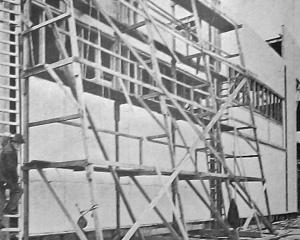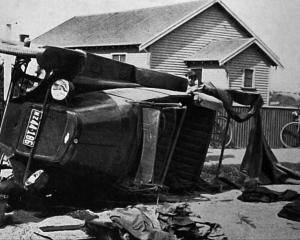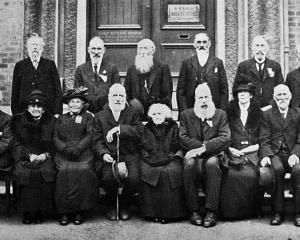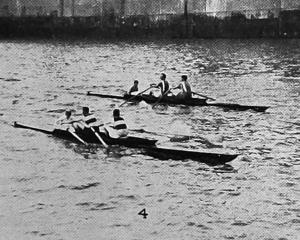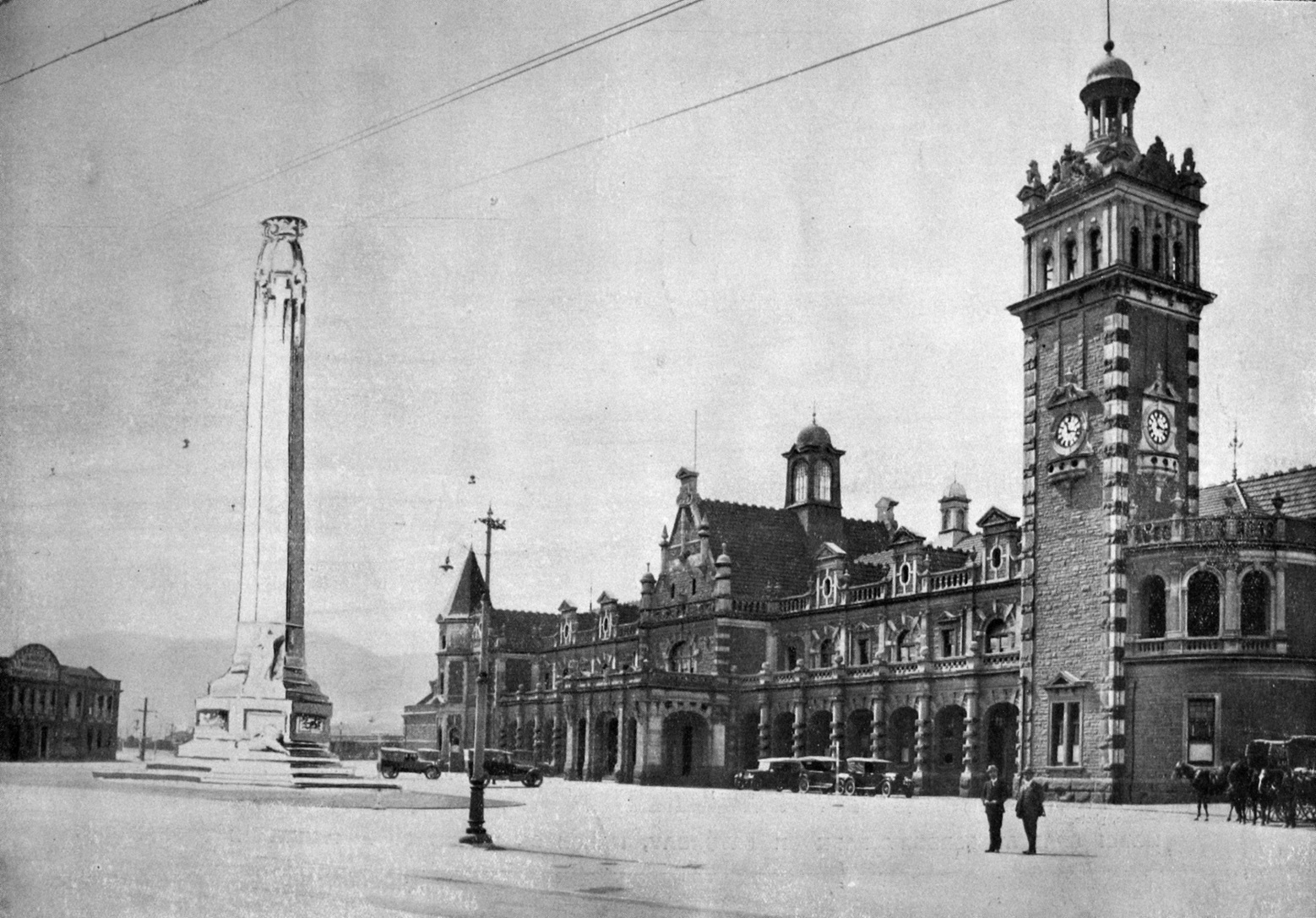
Drive a treat for orphans
On Saturday next the Otago Motor Club will entertain the orphans in the various homes to the annual picnic. The cars engaged are to assemble at the various homes at 1.20pm, and will then proceed direct to Wingatui, where the lady residents will entertain them. Over 100 cars will be required, and though the response has been good additional cars will be welcomed.
Neglected children uplifted
At a sitting of the Juvenile Court on Saturday two girls and a boy, whose ages were 12 years, 10 years, and five years respectively, were committed to the Caversham Industrial School, to be brought up in the Church of England form of religion. The evidence of Detective Beer showed that their home surroundings were anything but desirable, and that the place was given over to scenes of drunkenness, especially on Saturday nights. The children were ill-clad, and no attempt was made to clean or clothe them properly. The woman was very much addicted to drink, and little of the money that was brought into the house by the man with whom she was living was spent on the children. After hearing the denials of the parents the magistrate (Mr Bartholomew) said it was deplorable that children should be living under such conditions. The home was certainly a very dissolute place. He made an order of £1 against the man in respect to his child and 2 shillings sixpence a week against the woman in respect to each of her children.
Ruhr: French whip up resentment
During the evening the crowd sang patriotic songs in the market place until they were scattered by French tanks and a score of officers armed with whips, who visited the cafes and drove everyone into the streets. They also went to the theatre. Here the officers sang ‘The Marseillaise,’ to the astonishment of a crowded house. This was changed to panic when the officers began to use their whips. The curtain was rung down, and any who remained in the auditorium were whipped out of the theatre. It would appear as if the French are losing their self-control, especially in the smaller towns, which are isolated. There are many cases of needlessly harsh treatment of shopkeepers and cafe owners, which are strengthening the German determination to hold out. This is the worst policy for the French. Many people are being expelled for singing ‘Deutschland Ueber Alles’ and for not saluting the French officers. Those expelled are told that if they return before two years they will be sent to Algeria. This is a direct encouragement to an extreme form of German nationalism, which may be a source of danger to Europe. — ODT, 12.2.1923
Compiled by Peter Dowden






